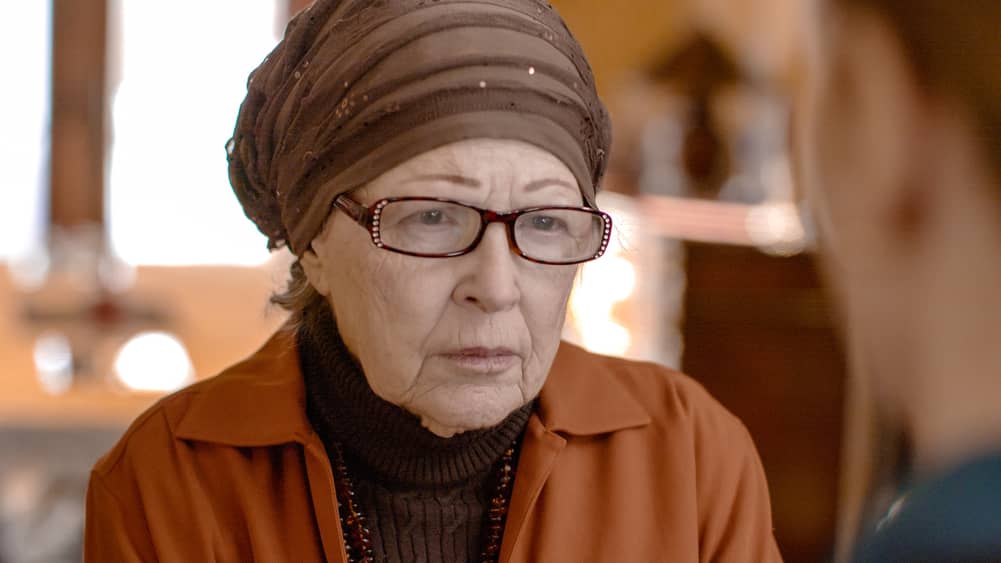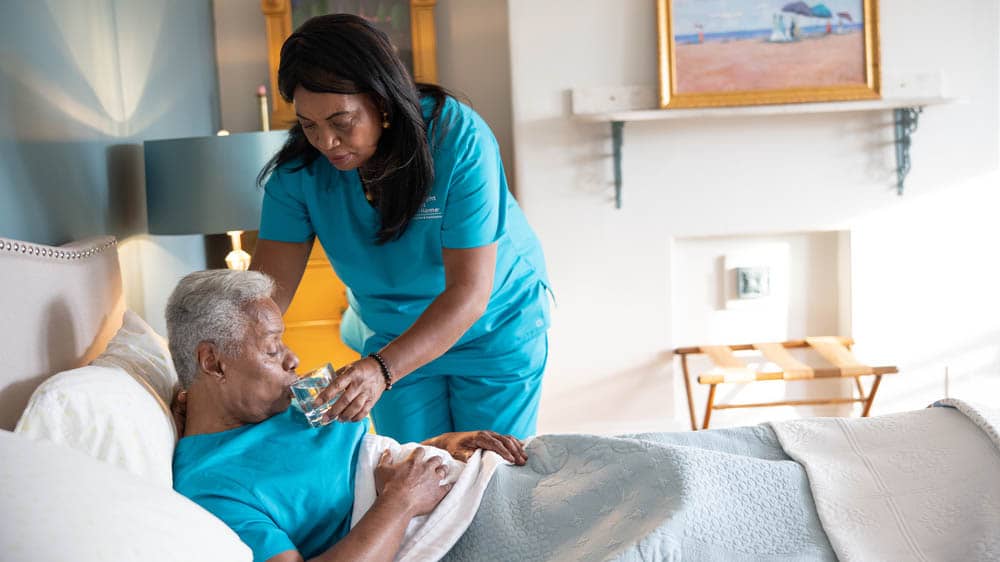

4 Steps to Help Manage Arthritis
When you are living with arthritis, it can be a challenge at times to perform daily tasks. From experiencing chronic pain to struggling with feeling out of control of your body, it can be difficult to work, participate in activities, and enjoy time with loved ones and those in your wider community. Learning how to properly manage your arthritis can help you thrive physically, emotionally, and even financially. While courses of treatment vary from patient to patient, there are some lifestyle changes you can implement to help you better manage your arthritis.
Get Organized
The Arthritis Foundation aims to advance “research, advocacy and disease management support” to help you and others with arthritis navigate the variety of challenges you face, and empowers you to play a bigger role in your care. The organization advocates for self-management, which “is about making healthy lifestyle choices and learning to manage the physical and emotional effects of arthritis.” To promote self-management, the foundation has created a Health Tracker that can allow you to gather information that can be vital to your care decisions. The tracker helps you manage a variety of metrics such as your ability to perform daily tasks, your pain levels, sleep patterns, and your emotional health.
Embrace Exercise
According to the Centers for Disease Control and Prevention, “Physical activity is a simple and effective, non-drug way to relieve arthritis pain.” Exercise can help relieve chronic pain, increase range of movement, boost mood and improve quality of life. Aerobic activities like walking and swimming, muscle-strengthening exercises such as lifting weights, and flexibility exercises like stretching and yoga are ideal for managing arthritis without damaging joints. On the other hand, high-impact activities such as running, jumping and tennis should be limited to avoid arthritis flare-ups.
Tap Into Your Emotions
Living with chronic pain can have a negative impact on mood and behavior, which is normal to an extent. If the negative feelings begin to overwhelm you, however, it’s imperative to find a healthy outlet for those emotions. The Mayo Clinic recommends a variety of therapies, including Cognitive Behavioral Therapy, which combines talk therapy and behavior modification to help change your thoughts and actions; relaxation therapy, which includes yoga, meditation, deep breathing and nature walks to help you relax; acupuncture, which is a form of Eastern Medicine that can help manage chronic pain; and regular massages to temporarily alleviate any pain and stiffness you might be experiencing. Although these last few therapies might seem to be more connected to your physical body rather than your emotions, when you take time to relax and practice self-care, there is a strong emotional component that arises.
Know What to Avoid
The Mayo Clinic is clear in their recommendations for managing arthritis, including what not to do. Managing your weight and making an effort to pursue weight loss can have a positive impact on your condition, as “being overweight can increase complications of arthritis.” Additionally, they recommend that you quit smoking, which causes stress to your connective tissues, and abandon focusing on the negative aspects of your condition because they “can increase your pain and risk of disability.”
How In-Home Care Can Help
At times, it might seem impossible to stay positive about living with the chronic pain of arthritis, but know that you are not alone. When you are struggling, Right at Home caregivers are here to help, whether to lend a hand around the house, help with the activities of daily living, or simply keep you company on both good days and bad. Learn more about the different ways in-home care can help.







